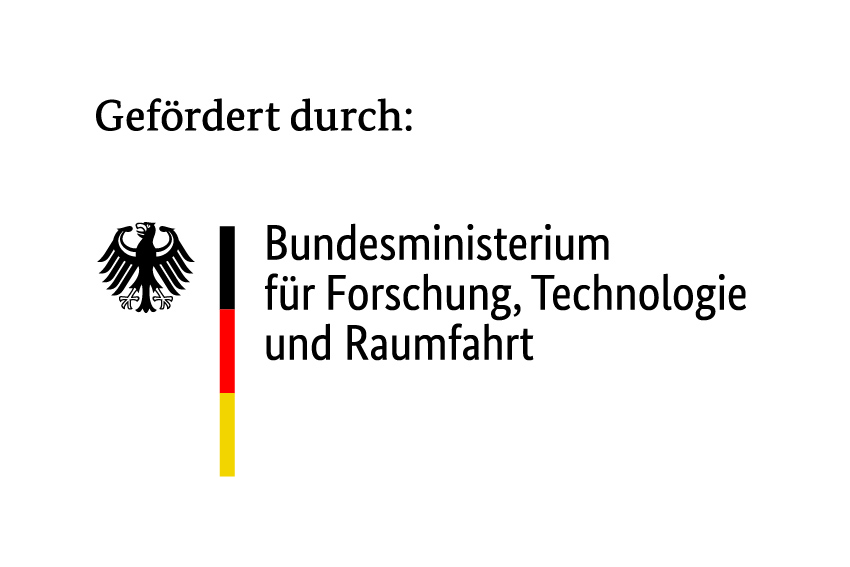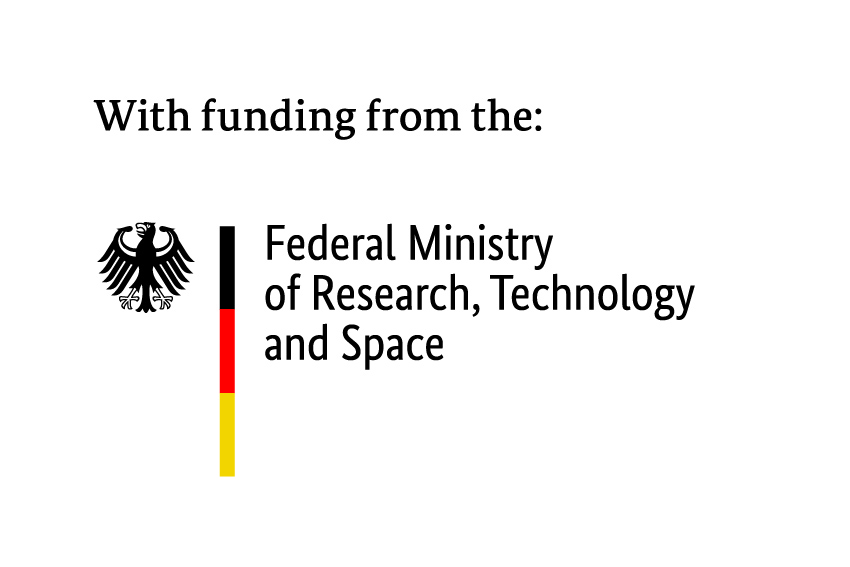“Sustainable Finance and Climate Protection” (SFCP) is the name of the accompanying scientific project for the “Klimaschutz und Finanzwirtschaft” (KlimFi) funding measure of the Federal Ministry of Research, Technology and Space. In a dialogue process, the fields of science, politics and finance will be networked around the topic of climate protection and finance, and findings from science will be communicated to politics and finance.
Paths to a sustainable financial sector

Funding Measure "Klimaschutz und Finanzwirtschaft"
The global financial system has a major impact on sustainability: by directing financial flows into sustainable activities, the financial industry has considerable potential to realize an environmentally friendly and climate neutral economy and society, thus contributing to the achievement of international climate and sustainability goals. However, sustainable design of the financial system – “Sustainable Finance” – requires research and new knowledge. This is precisely where the funding measure “Klimaschutz und Finanzwirtschaft” (KlimFi) – Climate Protection and Finance – of the German Federal Ministry of Research, Technology and Space (BMFTR) comes in. Under the KlimFi funding measure, 14 research projects and a scientific accompanying project on sustainable finance are being funded. The results of the KlimFi funding measure are to be used to derive recommendations for action for stakeholders from the financial sector, the real economy, politics and society, and to communicate these recommendations in a suitable manner. KlimFi thus aims to promote transdisciplinary individual and joint projects.
Accompanying Project "Sustainable Finance and Climate Protection"
“Sustainable Finance and Climate Protection” (SFCP) is the scientific accompanying project of the funding measure KlimFi in the form of a collaborative project of the University of Hamburg and the Verein für Umweltmanagement und Nachhaltigkeit in Finanzinstituten e.V. (VfU). SFCP accompanies the 14 BMFTR-funded research projects (KlimFi projects), each of which conducts research on individual aspects of sustainable finance and financing the transformation to climate neutrality, and interconnects them. Within the framework of SFCP, the transfer of results and knowledge is supported, contact with important multipliers is intensified, and public relations activities are developed, coordinated and carried out.
Aim and Tasks of the Accompanying Project SFCP
The aim of the accompanying project is to promote the joint and mutual learning of the collaborative projects, to ensure their scientific and practical connectivity and relevance, and to ensure that the project results are processed in a way that is appropriate for the target group. The results are communicated to policy makers and the financial sector through various formats and reports.
The tasks of the UHH in this context are the scientific synthesis, the monitoring of the individual projects and the scientific networking. The VfU assumes responsibility for the transfer of central results into the practice of the financial industry and to other relevant stakeholder groups.
Purpose of this Website
Our website for the described accompanying project SFCP primarily represents an information platform for the research projects of the BMFTR’s KlimFi funding measure. It also ensures the networking of all participating research institutions.
Furthermore, it provides an opportunity for networking and information exchange of the projects with other actors from science and practice in Germany and abroad in order to accompany current research developments and social debates and to ensure connectivity and relevance. The project results will therefore be available to all interested actors and stakeholders from science, politics, supervision, practice and (civil) society.
Team
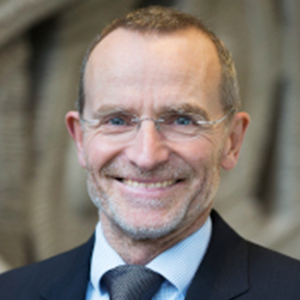
Prof. Dr. Alexander Bassen
Project Leader Science (Universität Hamburg)
Professor Alexander Bassen has held the Chair of Business Administration, in particular Capital Markets and Corporate Governance at the University of Hamburg since 2003. He is a member of the German Advisory Council on Global Change and the G7 Impact Task Force. He is also an Honorary Research Associate at the Smith School (University of Oxford), Visiting Professor at Hong Kong Baptist University (Hong Kong) and at the ICMA Centre (University of Reading), and a member of numerous advisory boards in academia and practice. Prof. Bassen has designed and directed the European-wide Certified ESG Analyst training program of the European Foundation of Financial Analysts Societies (EFFAS).
Until 2022, Prof. Bassen has been, among other things, a member of the German Council for Sustainable Development, a member of the Sustainable Finance Advisory Board of the German Federal Government and the EFRAG Project Task Force EU Sustainability Reporting Standard (PTF ESRS). Prof. Bassen’s research focuses on the principles and concepts of responsible investment. Here, the focus is on sustainable investments and the connection between sustainable management and financial success. In addition to the relevance of climate data, . Prof. Bassen experimentally researches the behavioral patterns of investment professionals when making investment decisions in sustainable financial products.
Another focus of his work is sustainability reporting and its impact on corporate performance as well as the importance of sustainability information for the efficiency of capital markets. Within the SFCP team, Professor Bassen is the project leader for science. He contributes to the scientific design of the overall project with his many years of professional expertise.
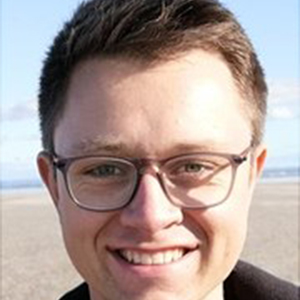
Hendrik Brosche
Project Manager Science (Universität Hamburg)
Hendrik Brosche is a research associate and doctoral student at the University of Hamburg and has been working at the Chair of BManagement and Sustainability since September 2022. In addition to teaching and research, he is a project manager for the research project SFCP and is responsible for the scientific synthesis of relevant research results.
Hendrik Brosche holds a Bachelor (B.Sc.) in Industrial Engineering from the Nordakademie Hochschule der Wirtschaft and a Master (M.A.) in International Business and Sustainability from the University of Hamburg. Between the two degrees, he has worked for two years as a management consultant at a Big Four company focusing on supply chain management. During his studies, he has worked for two years as an international fundraiser and head of fundraising, IT and project portfolio management for an NGO working for a systemic change towards a common good economy within planetary boundaries.
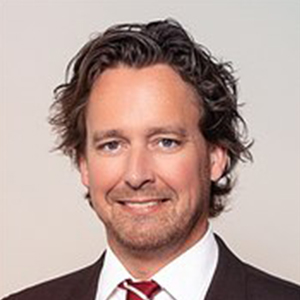
Prof. Dr. Timo Busch
Professor (Universität Hamburg)
Prof. Dr. Timo Busch holds the Chair of BManagement and Sustainability at the University of Hamburg. He lectures at the Swiss Federal Institute of Technology (ETH) Zurich and previously taught at the Duisenberg School of Finance (Netherlands). He teaches courses on corporate sustainability, corporate strategy and environment, and sustainable finance. He brings this knowledge to the SFCP research project. He is responsible in particular for networking events in the research community.
Prof. Busch completed research stays at the John Molson School of Business (Canada), the Amsterdam Business School (Netherlands), the Nanyang Business School (Singapore) and the University of California, Berkeley (USA). He was a United Nations delegate to the Rio+20 Conference on Sustainable Development and advises the German government on climate policy issues. He is Principal Investigator in the Cluster of Excellence project Climate, Climatic Change, and Society (CLICCS). Prior to joining the University of Hamburg, he was a PhD student and postdoctoral researcher at ETH Zurich and before that a project leader at the Wuppertal Institute for Climate, Environment, Energy.
Prof. Busch serves on the editorial boards of Organization & Environment, Journal of Business Ethics, and Business Strategy and the Environment. His research interests include strategies for a low-carbon economy, the business case for sustainability, and sustainable finance.

Lisa Enders
Project Manager Practice (VfU)
Lisa Enders is a project manager practice in the SFCP project. She is mainly responsible for networking the projects with each other and with relevant stakeholders from the field. In this context she is also responsible for the external appearance of the project.
At VfU, Ms. Enders also works as a project manager for sustainable finance. In this role, she is responsible for the Sustainable Finance Management Tool and knowledge management topics through formats such as the Sustainable Finance Toolbox. Lisa Enders successfully completed her Master’s degree in Business Psychology with a focus on sustainability at the CBS International Business School in Mainz.
In her previous professional function, she worked in the idea, complaint and environmental management of a bank and was able to gain relevant experience.
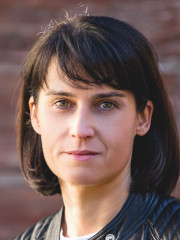
Prof. Dr. Kerstin Lopatta
Professor (Universität Hamburg)
Prof. Dr. Kerstin Lopatta holds the professorship for Accounting, Auditing and Sustainability at the Faculty of Economics and Social Sciences at the University of Hamburg. She has worked for a Big 4 accounting firm and spent numerous multi-year international research stays as a Visiting Researcher, including at the City University of Hong Kong and New York University, Stern School of Business.
In her research, Kerstin Lopatta empirically examines the effects of environmental, social and governance factors on companies and society. She also analyzes the impact of financial accounting standards on corporate decisions. Her scientific work is published in high-ranking international journals, e.g., European Accounting Review, Strategic Management Journal and The Accounting Review. Kerstin Lopatta is a member of the Supervisory Board of Freenet AG and EQS Group AG, where she is also Chair of the Audit Committee. She is a member of the Sustainability Reporting Committee of the German Accounting Standards Committee (DRSC), a member of the EFRAG Sustainability Reporting Board and a member of the Sustainable Finance Advisory Board of the German Federal Government.
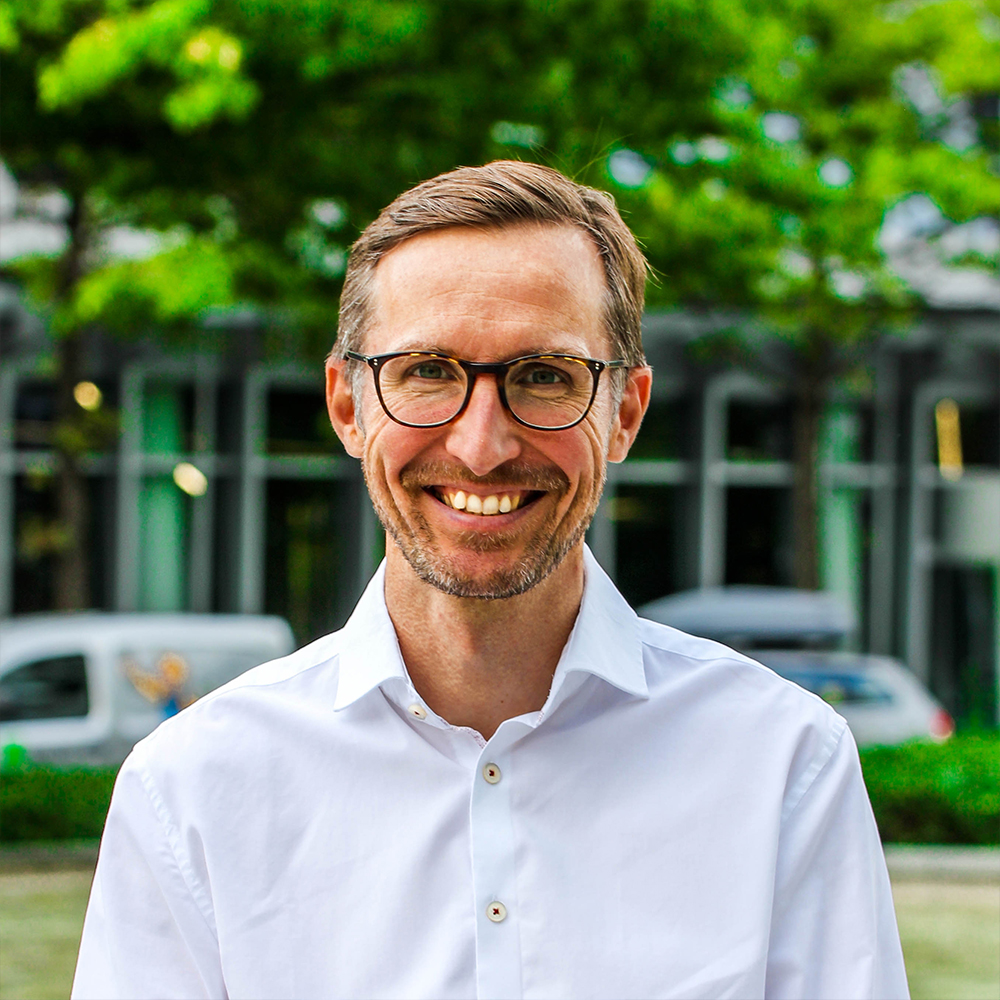
Henrik Ohlsen
Director (VfU)
Henrik Ohlsen is the managing director of VfU. There, he initiates projects and working groups on the integration of sustainability into business and management processes at banks. His scientific interest is the quantification and valuation of externalities in financial analysis. In his previous positions as project manager in a consulting firm and in the economic department of a local government, he worked in the field of environmental management and economic development.
He brings his more than 10 years of experience in finance in the areas of regulatory affairs, climate strategies for financial service providers, non-financial reporting, and sustainable finance in overall bank management to the Executive Board of SFCP. Mr. Ohlsen studied Political Science, Public International Law and Psychology (M.A.) in Augsburg and Vancouver.
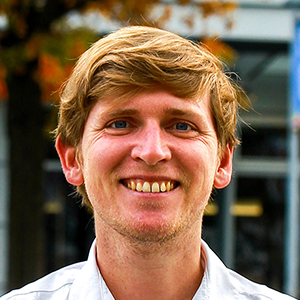
Patrick Weltin
Project Leader Practice (VfU)
Patrick Weltin is project manager practice in the project SFCP and responsible, among other things, for the transfer of knowledge into practice as well as communication to the general public.
He has been working as a Sustainable Finance Officer at VfU since 2021, where he is responsible for ESG ratings, social issues, and finance and biodiversity. He also leads the projects in the research area and is responsible for information services of VfU.
In his previous position as an ESG analyst at a sustainability rating agency, he gained experience in the areas of ESG assessment of companies in the real economy and financial institutions, second party opinions and impact measurement.
Mr. Weltin studied political science, sociology and ethnology (M.A.) in Trier.
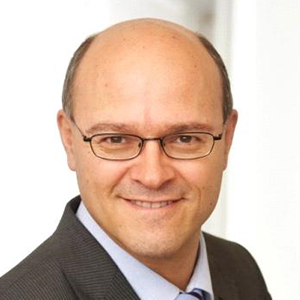
Prof. Dr. Thomas Dietz
Head of the Banking Audits Division (Deutsche Bundesbank)
Prof. Dr. Thomas Dietz is Head of the Banking Audits Unit at the Deutsche Bundesbank’s Head Office in Berlin and Brandenburg. He has also been an honorary professor at the Hochschule für Finanzwirtschaft und Management for microprudential banking supervision in Bonn since 2018. Previously, he taught for several years as a professor at the Hochschule der Deutschen Bundesbank in Hachenburg, including mainly the subjects “Banking Supervision” and “Financial Stability”. Since the fall of 2021, Professor Dietz has been jointly responsible for training all Deutsche Bundesbank’s banking supervisors in sustainable finance.
During his previous employment at BaFin (February 2000 to July 2008), he was responsible, among other’s , for the ongoing supervision of institutions, for the review of market risk models and for various projects on the implementation of Pillar II in Germany, including the topic of liquidity supervision. Between September 2004 and October 2006, he was seconded to London to the Committee of European Banking Supervisors (CEBS), the predecessor of today’s EBA. In addition to microprudential banking supervision, his research focuses on issues of overall bank governance as well as European economic and monetary integration and sustainable finance/ESG risk management. Thomas Dietz is a trained banker, graduate economist and holds a PhD in political science.
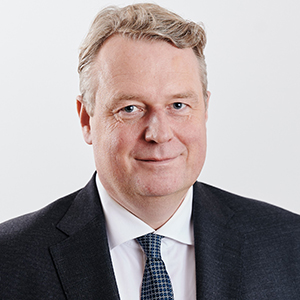
Georg Lanfermann
President (Deutschen Rechnungslegungsstandard Committee e.V.)
Georg Lanfermann is President of the German Accounting Standards Committee (GASC) with a focus on sustainability reporting. In December 2021, he successfully completed the reform of DRSC to establish a two-pillar structure for its professional work: Financial and Sustainability Reporting. Since February 2022, Mr. Lanfermann has been Vice President of the European Financial Reporting Advisory Group (EFRAG) Administrative Board and has also been a lecturer for “International Auditing” at the University of Potsdam since 2006.
From 2005 until early 2021, Mr. Lanfermann was a partner at the audit firm KPMG in the Professional Practice department in Berlin, where he focused on regulatory developments in the areas of corporate reporting, auditing and corporate governance with a particular focus on the EU context and led KPMG’s regulatory contact partner network in the EU-27. From 2001 to 2004, he was a seconded national expert at the European Commission, DG Internal Market, Unit G4 “Accounting and Auditing”. Mr. Lanfermann started his professional career in 1994 at Deloitte, where he also obtained his qualifications as a German Certified Public Accountant and Tax Advisor.
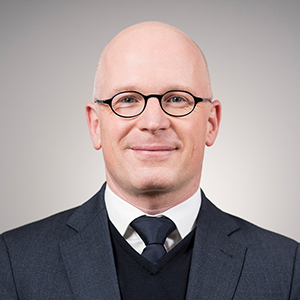
Matthias Kopp
Head of the Sustainable Finance Programme (WWF Deutschland)
Matthias Kopp heads the sustainable finance program at WWF Germany. He holds a degree in industrial engineering (Berlin/London) and worked for PwC Management Consulting and IBM Business Consulting Services before joining WWF. In his role at WWF, he built a sustainable finance work program that addresses the leverage and enabling potential of the financial system. It also addresses national, European and international aspects as well as aspects at the methodological, policy, regulatory and product levels.
Mr. Kopp is a member of the Sustainable Finance Advisory Board of the German Federal Government and of the Global Challenges Index (Hannover Stock Exchange).
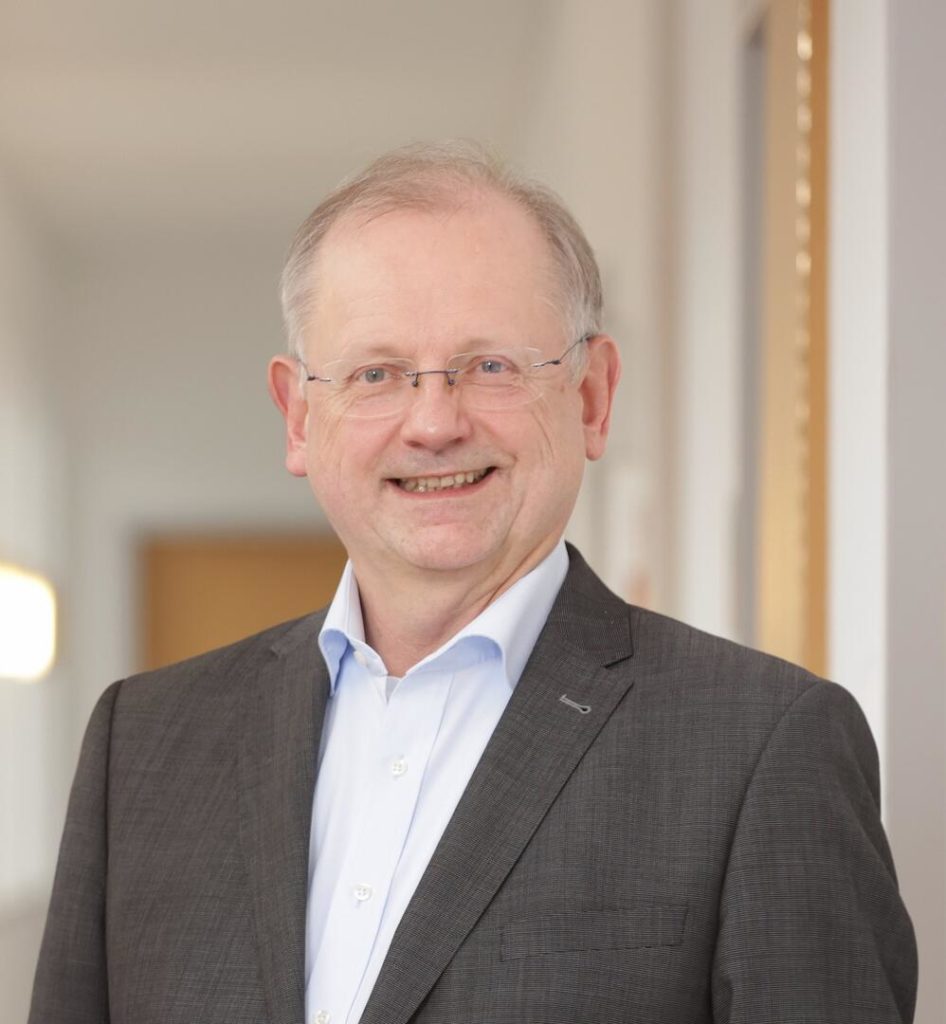
Dr. Klaus Krummrich
Head of Science, Savings Banks History and Sustainability (Deutschen Sparkassen und Giroverband)
Since 2009, Klaus Krummrich has been an executive board member of the
Wissenschaftsförderung der Sparkassen-Finanzgruppe e.V. and Head of Science, Savings Banks History and Sustainability of the German Savings Banks Association (DSGV). In addition, he is a part-time lecturer at the Hochschule der Sparkassen-Finanzgruppe, University of Applied Sciences, in Bonn and editor of the
scientific journal “Kredit und Kapital”.
Mr. Krummrich studied economics at the University of Cologne and the
Pennsylvania State University (USA). After graduating, he began his professional career in 1986 in the economics department of Commerzbank AG.
In 1990, he moved to the German Savings Banks and Giro Association (DSGV). In addition to a monograph on the economic development of the new German states, Mr. Krummrich has published articles in professional journals, preferably on environmental and sustainability issues in the banking industry.
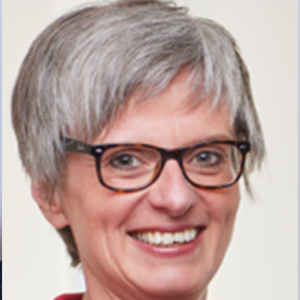
Silke Stremlau
Chairwoman (Sustainable Finance Beirats der Bundesregierung)
Silke Stremlau has been Chairwoman of the Sustainable Finance Advisory Board of the German government since 2022, of which she was also a member in the previous legislative period. Until summer 2023, she is on the board of Hannoversche Kassen – a sustainable pension fund. There, she is responsible for the areas of investment, sustainability and human resources. Previously, she was a general representative at BANK IM BISTUM ESSEN eG. Between 2000 and 2015, she built up and managed the “Sustainable Investment” division as a partner at imug Beratungsgesellschaft, where she developed extensive expertise in sustainable investment.
Ms. Stremlau studied social sciences with a focus on environmental policy at the University of Oldenburg and earned a degree in banking management at the Academy of German Cooperatives (ADG).
Ms. Stremlau is also Deputy Chairwoman of the Supervisory Board at UmweltBank AG in Nuremberg.

Julia Taeschner
Group Sustainability – Frameworks and Policies (Deutsche Bank AG)
Julia Taeschner works in the Group Sustainability department of Deutsche Bank and is responsible for the creation and further development of Group-wide ESG-relevant frameworks and policies. Previously, as Group Sustainability Officer at Aareal Bank AG from 2006 to 2022, she was responsible for the management and strategic development of the Group’s sustainability performance and represented ESG issues in investor communications.
In her previous almost 10 years as Head of Corporate Responsibility at Deutsche Börse Group, she established and expanded sustainability management for the exchange operator.
